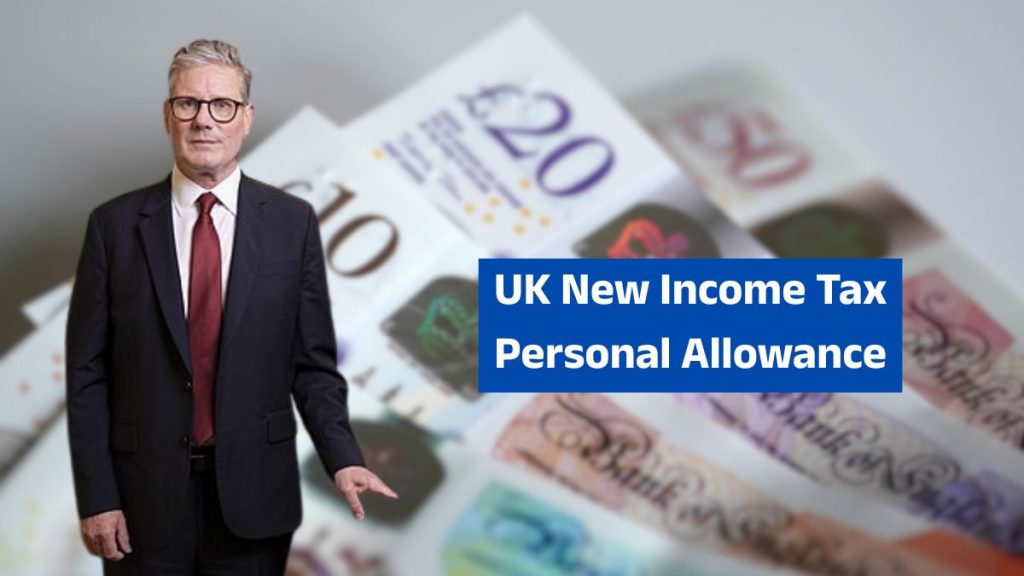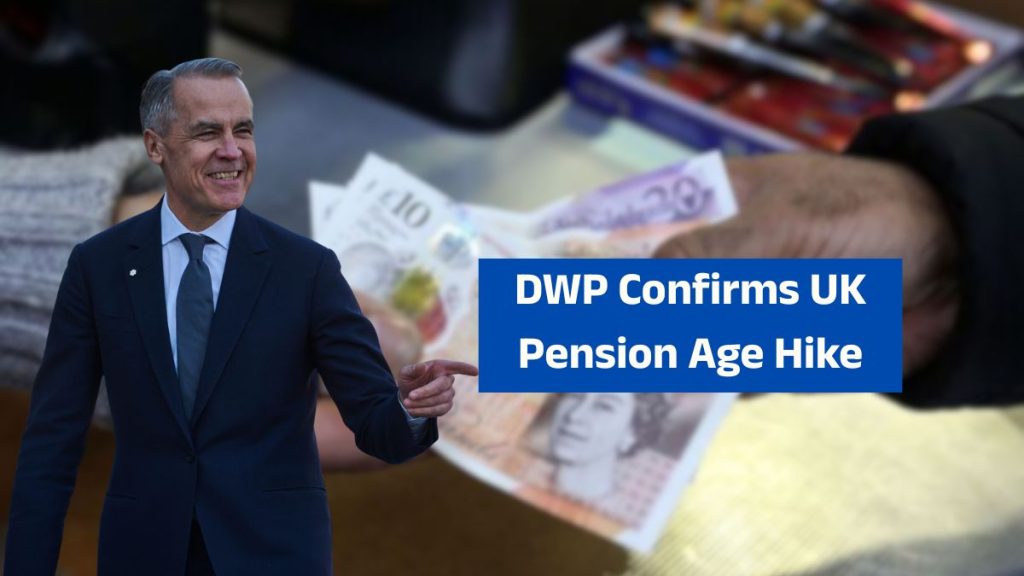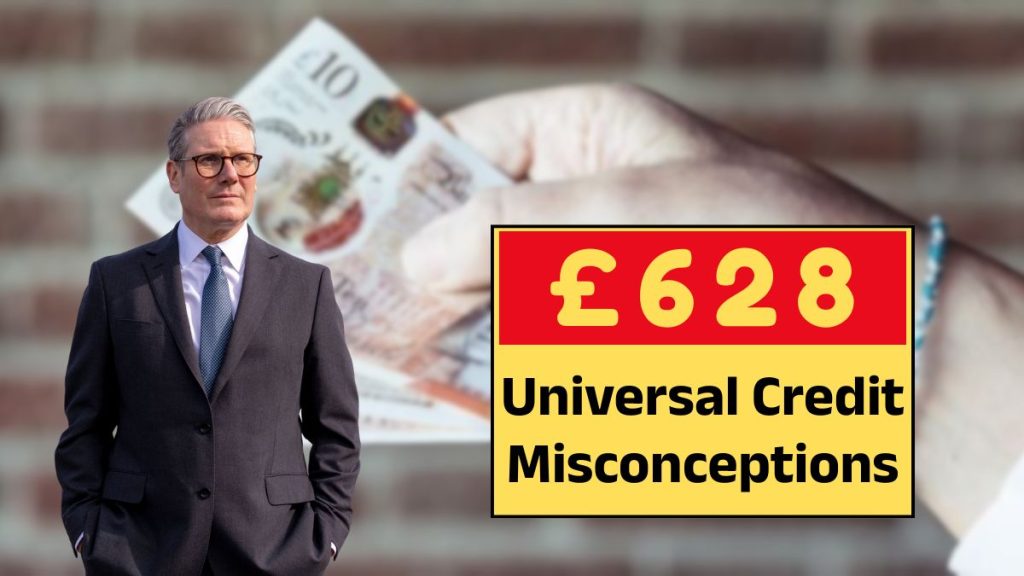The Driver and Vehicle Standards Agency (DVSA) has issued a serious warning to motorists across the UK about continuing problems with the driving test system. These disruptions could delay thousands of learner drivers from getting their licences and significantly increase costs for learners and families. For anyone preparing to book, reschedule, or sit a test in late 2025, understanding the crisis and preparing for it has become essential.
The Current Driving Test Crisis

Pandemic Backlogs and Examiner Shortages
The UK driving test system has been under heavy pressure for years. The pandemic created massive backlogs, demand from young drivers remains high, and examiner shortages continue to strain capacity.
The DVSA’s latest alert highlights ongoing issues such as:
- Lack of available test slots.
- Short-notice cancellations.
- Higher overall costs due to repeat bookings.
For families already balancing rising living costs in 2025, these problems add yet another financial burden.
Why the Problem Matters for Learners
Driving as a Path to Independence
Learning to drive is more than just earning a licence—it’s a gateway to education, work, and family responsibilities. When delays occur, learners are forced to book additional lessons to remain test-ready, increasing their expenses.
In many regions, learners are waiting months for a test slot, with some travelling long distances to other centres. At £30–£40 per lesson, these extra sessions quickly add hundreds of pounds to the cost of getting a licence.
The Financial Impact of Delays
Costs Adding Up for Families
DVSA delays create a range of extra expenses:
- Additional lessons while waiting for a test.
- Re-booking fees if slots are missed.
- Travel expenses for distant test centres.
- Lost income from taking time off school or work.
For families already dealing with higher energy, housing, and food bills, these driving-related costs make the process even more stressful.
Limited Test Slot Availability
Learners Waiting Months in Line
One of the most frustrating aspects of the crisis is the shortage of test slots. In some regions, the wait time is more than 20 weeks.
This has created an unfair system where those able to pay for cancellation-finding apps may secure earlier slots, while others are left waiting. The DVSA has warned learners against unofficial websites that exploit demand with fake bookings or hidden fees.
Short-Notice Cancellations
A Major Source of Stress
Another common issue is tests being cancelled with only days—or even hours—of notice. Examiner illness, staff shortages, and test centre operational problems are the most cited reasons.
For learners who have taken time off work or booked family support, these cancellations are especially disruptive. Worse, they often push learners back into another months-long wait, driving up lesson costs again.
The Role of Driving Instructors
Instructors Under Pressure Too
Approved Driving Instructors (ADIs) are also struggling. Cancellations create chaos in scheduling, while long waiting times lead to students requiring extra practice lessons.
To cope with demand, some instructors have raised lesson fees, passing the cost directly onto learners. With most already paying hundreds or thousands for tuition, the financial impact is significant.
DVSA’s Response to the Crisis
Measures Announced but Slow Progress
The DVSA has acknowledged the issues and announced measures such as:
- Recruiting more examiners.
- Offering overtime to existing staff.
- Opening weekend test slots.
Despite these efforts, progress has been slow, and learners continue to face widespread disruption. The DVSA has also issued warnings about online scams offering fake test bookings.
How Learners Can Minimise Costs
Practical Steps to Take
While the situation is difficult, learners can take steps to reduce costs:
- Book test slots as early as possible.
- Avoid unofficial apps or websites.
- Use official DVSA cancellation services for earlier slots.
- Stay flexible with test centres and dates.
- Keep steady practice lessons instead of cramming before tests.
Good planning and flexibility may help learners reduce the risk of financial strain.
Hidden Costs Many Forget
Beyond Lessons and Test Fees
Delays don’t just mean more lessons. Learners also face hidden costs such as:
- Fuel for practice drives.
- Insurance premiums for learner drivers.
- Car hire fees for using an instructor’s vehicle.
- Travel costs for tests at far-off centres.
These costs become even more significant when learners are forced to wait months between test dates.
Regional Differences Across the UK
Not All Areas Affected Equally
The severity of delays varies by region. Urban areas often face extreme demand with long waiting lists, while rural areas may have slightly better availability—but often at the cost of long travel distances.
Scotland, Wales, and Northern Ireland are also experiencing similar issues, though local agencies are working with the DVSA to ease pressure in those regions.
The Psychological Impact
Stress and Confidence Issues
Beyond finances, the crisis is affecting learners’ mental health. Delays and cancellations can:
- Reduce confidence levels.
- Increase test-day anxiety.
- Lower motivation to continue lessons.
For many young people, a driving licence is tied to employment opportunities, so missing deadlines can have wider consequences for their future.
Government Pressure on DVSA
Calls for Intervention Growing
The UK government has faced rising calls to intervene. MPs have raised concerns in Parliament about the crisis, urging the transport department to modernise DVSA booking systems and recruit examiners more quickly.
While the government has pledged support, learners are still being told to remain patient—a message that does little to ease the financial and emotional strain.
What If Problems Persist Into 2026?
Rising Costs and Unequal Access
If delays continue, learners may see:
- Higher lesson fees as demand outpaces supply.
- Longer wait times across the country.
- A potential two-tier system, where wealthier learners pay for faster access through private services.
This risks deepening inequalities, leaving those from lower-income families at a greater disadvantage.
Practical Tips for Learners in 2025
How to Navigate the Crisis
- Book driving tests as soon as eligible.
- Stay flexible with dates and locations.
- Use official DVSA tools for cancellations.
- Maintain steady practice instead of last-minute lessons.
- Plan finances carefully, budgeting for unexpected costs.
By staying organised and proactive, learners can reduce both the stress and the expense of navigating the current DVSA crisis.
5 FAQs on UK Driving Test Delays 2025
Q1. Why are driving test delays continuing in 2025?
High demand, pandemic backlogs, and examiner shortages are the main reasons behind the ongoing delays.
Q2. How long is the current waiting time for a test?
In some areas, the wait time is more than 20 weeks.
Q3. What costs are learners facing due to DVSA delays?
Additional lessons, re-booking fees, fuel, car hire, and travel to distant test centres are driving up total costs.
Q4. Can I use apps to find earlier test slots?
The DVSA warns against unofficial apps or websites, as many are scams. Learners should only use official DVSA services.
Q5. What is the DVSA doing to fix the problem?
The agency is recruiting examiners, offering overtime, and expanding weekend slots, but progress remains slow.
















